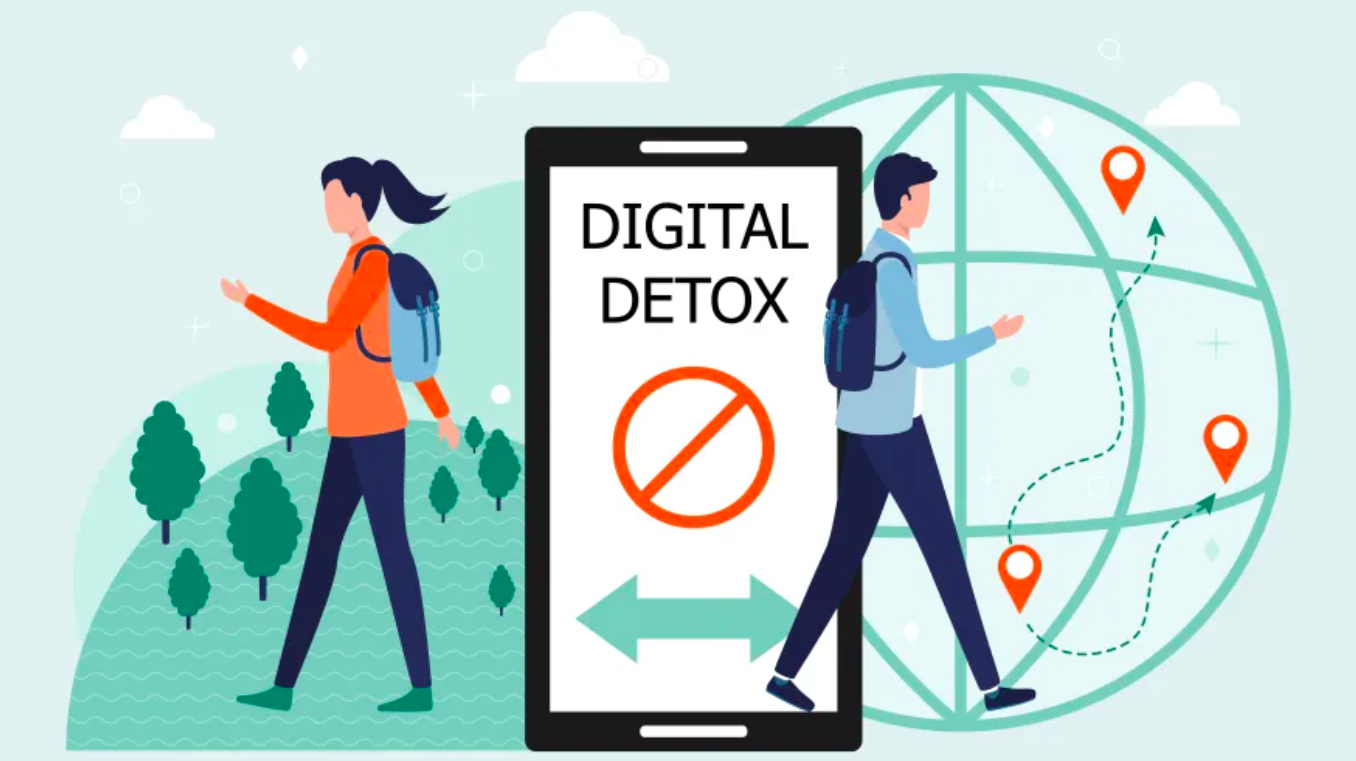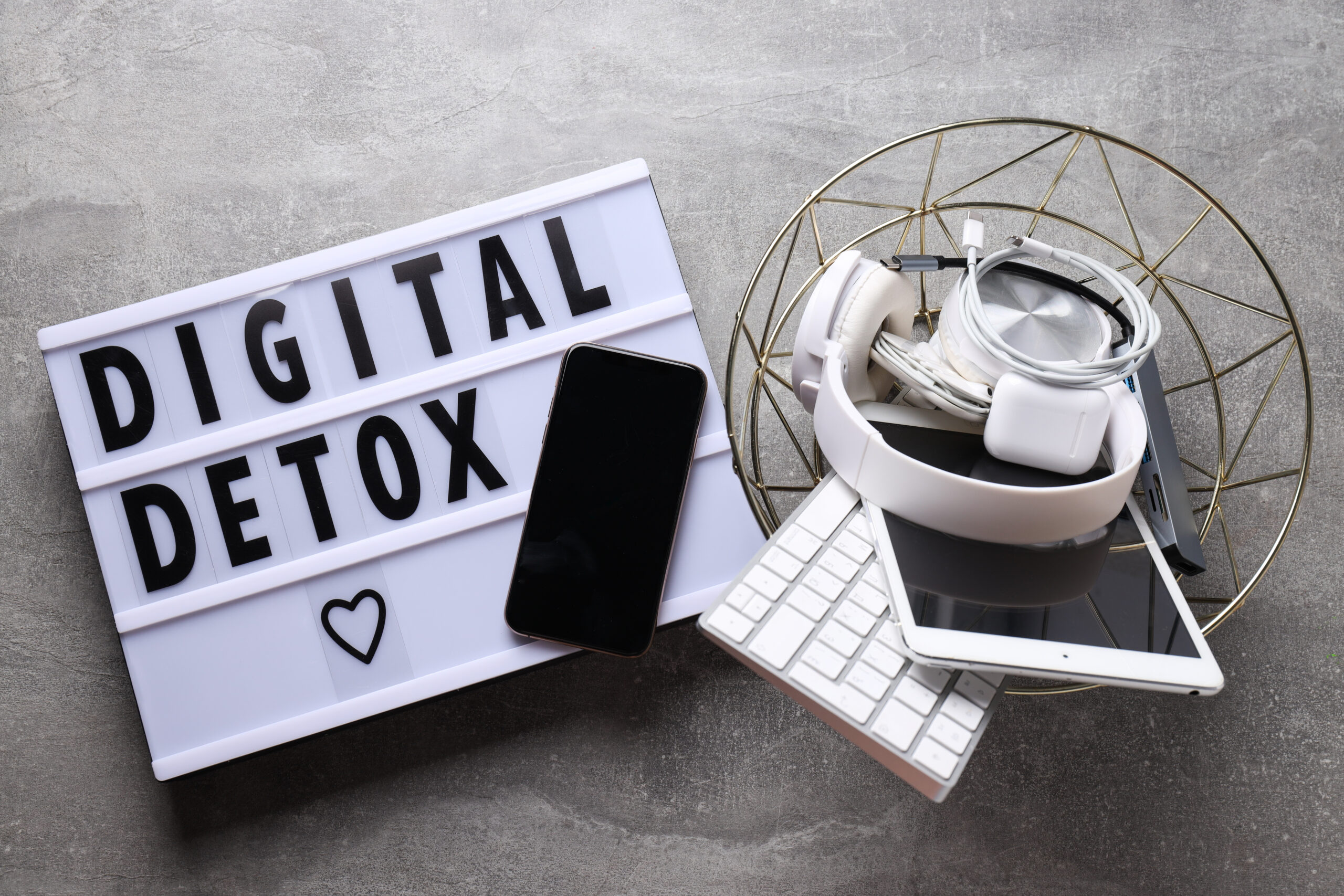Digital Detox Trends Among Vietnamese Millennials: Why Logging Off Is the New Wellness

In an increasingly hyper-connected world, Vietnamese millennials—born between 1981 and 1996—are beginning to push back against digital overload. With Vietnam’s tech-savvy population among the most active online in Southeast Asia, it’s surprising but significant that digital detoxing is gaining popularity as a lifestyle choice.
This blog explores what’s driving the rise in digital detox trends among Vietnamese millennials, the cultural and mental health influences behind it, and what businesses should know about shifting online behavior.
Vietnam’s Digital Obsession: A Quick Snapshot
Vietnam’s population of over 100 million includes over 70 million internet users, with millennials comprising a major portion of this figure. According to DataReportal’s 2024 report on Vietnam, the average internet user in Vietnam spends 6 hours and 18 minutes online each day, with nearly 2 hours spent on social media alone.
Top digital activities among millennials include:
-
Endless scrolling on Facebook, TikTok, and Instagram
-
Online shopping on platforms like Shopee and Tiki
-
Streaming on YouTube and Netflix
-
Mobile gaming and microblogging
But with this digital intensity comes burnout—triggering a growing interest in digital detox practices.
What Is Digital Detox, and Why Now?
A digital detox refers to voluntarily disconnecting from digital devices, especially smartphones and social media, to improve mental well-being, restore focus, and reconnect with real-life experiences.
Key Drivers Among Vietnamese Millennials:
-
Mental health awareness: As mental health conversations become less stigmatized in Vietnam, millennials are proactively taking steps to reduce anxiety and stress from digital overuse.
-
Burnout culture: Long work hours in urban centers like Ho Chi Minh City and Hanoi, coupled with constant online connectivity, are driving fatigue.
-
Desire for real-world experiences: Millennials are gravitating toward offline travel, mindfulness retreats, and wellness tourism in destinations like Da Lat and Ninh Binh.
Related Read: Culture and Wellness Trends Among Young Vietnamese
Common Digital Detox Practices in Vietnam
Vietnamese millennials aren’t abandoning digital life altogether. Instead, they’re selectively unplugging through specific routines.
1. Weekend Retreats Without Wi-Fi
Popular destinations like Da Nang, Sa Pa, and Con Dao are now offering Wi-Fi-free accommodations targeting urban millennials. These trips are often combined with yoga, meditation, and local crafts workshops.
2. App-Based Monitoring Tools
Ironically, apps like Forest, Moment, and Digital Detox are helping users track screen time and implement device-locking periods during work or sleep.
3. “No Phone Zones” at Cafes and Coworking Spaces
Cafes like The Workshop in HCMC or Tranquil Books & Coffee in Hanoi are promoting “no phone” seating areas to encourage conversations and reading.
4. Social Media Sabbaticals
Vietnamese influencers are increasingly open about taking social media breaks. Micro-influencers in wellness and lifestyle niches often promote 7-day or 30-day detox challenges, which gain traction among followers.

Impact on Digital Marketing and E-Commerce
For brands and marketers, the rise of digital detox trends doesn’t mean abandoning online strategies—but it does require a recalibration of engagement tactics.
1. Emphasize Quality Over Quantity
Vietnamese millennials are moving away from noise. Brands should focus on authentic storytelling, value-driven content, and community engagement rather than volume and ads alone.
Read more: Building Brand Awareness in Vietnam Through Social Media Marketing
2. Timing Matters
Digital detox often happens on weekends or after work hours. Brands that schedule content during early mornings or lunch hours see better engagement.
3. Offer Offline Touchpoints
Brands embracing phygital (physical + digital) experiences—like pop-up stores, community meetups, or immersive exhibitions—are gaining popularity with detox-aware consumers.
4. Highlight Wellness Themes
Products and services that promote mental health, minimalism, or time management are gaining favor among detox-conscious millennials.
Business Opportunities Around the Detox Movement
This growing movement also creates new market opportunities:
-
Wellness Tourism: Travel agencies and resorts can create “unplug and recharge” packages tailored to the digital detox demographic.
-
Bookstores and Offline Retail: Local businesses can cater to analog experiences—vinyl records, handwritten journaling kits, and DIY hobby classes.
-
Mental Health Startups: Apps and platforms offering therapy, mindfulness, or habit coaching are seeing greater adoption.
What Vietnamese Millennials Say
Surveys from Q&Me and Decision Lab show:
-
62% of millennials in Hanoi and HCMC feel overwhelmed by notifications
-
48% have attempted digital detoxing at least once
-
71% said they are more likely to trust brands that promote mindful technology use
This behavioral shift indicates a growing consumer segment that values balance, boundaries, and offline interaction.
Conclusion: Toward a Healthier Digital Future
As Vietnamese millennials become more self-aware and intentional with their screen time, brands and service providers must also evolve. From rethinking digital marketing strategies to creating detox-friendly products and experiences, the business landscape is shifting toward wellness and digital sustainability.
For companies looking to enter the Vietnamese market, tapping into millennial wellness trends and mindful digital engagement offers a unique path to brand loyalty and differentiation.